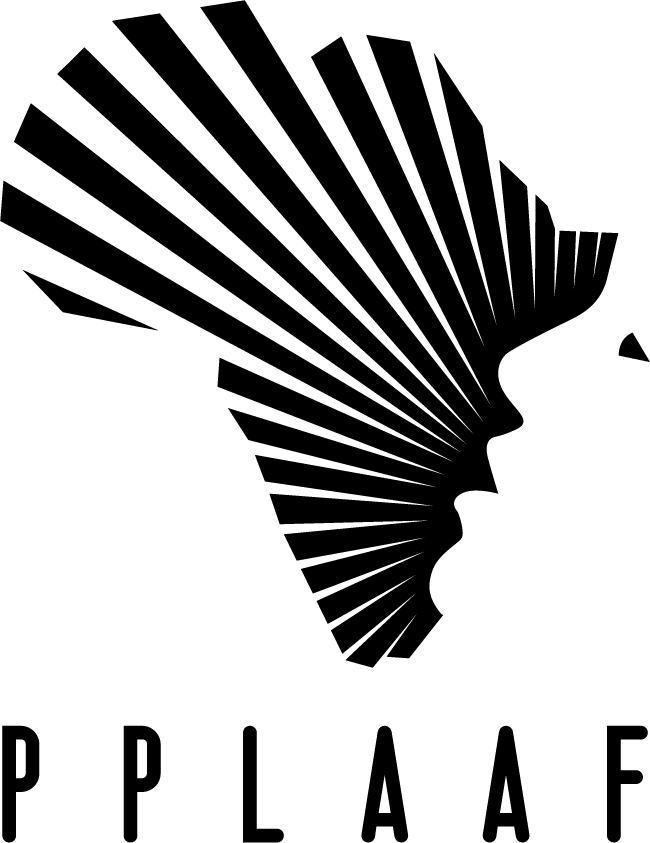(Paris, April 8th 2019) – Much more needs to be done in Ivory Coast, The Gambia and Benin for the protection of whistleblowers, said the Platform to Protect Whistleblowers in Africa (PPLAAF) today. Through these three reports published in partnership with Blueprint for Free Speech, detailing the laws in force in these West African countries, PPLAAF shows that whistleblowers are not legally protected and can thus face dangerous reprisals. Read the reports here: Ivory Coast (English, French), the Gambia (English) and Benin (English, French).
“Clearly without strong laws protecting whistleblowers, these countries will lack tools to properly struggle against illicit activities or actions that are contrary to public interest”, said William Bourdon, Chairman of PPLAAF. “We call on these Governments to do all they can to protect those who are at the frontline of the Rule of Law”.
A whistleblower is a person who discloses information regarding actions that are unlawful, illicit or against public interest, that he/she has witnessed, especially in the context of his/her work. By disclosing this information, whistleblowers take the risk of facing reprisal from those who are alleged of wrongdoing.
The reports study the legal framework of the targeted countries to identify relevant laws on whistleblowers protection and relevant public mechanisms or institutions that could support whistleblowers rights or could be interested in information to be disclosed. These reports specifically intend to help local whistleblowers, lawyers, journalists, activists, etc. to understand and be aware of legal risks that they are taking.
In the past decade, the most fundamental exposes recording the violation of constitutional, human rights, labor, financial and even ecological issues have come from whistleblowers. Structural gaps in international and national legislation, or the lack of legislation thereof, have distorted the right of the public to have access to information on the activities and processes that significantly harm and disadvantage the public interest.
But while the whistleblower takes up the position of David, sacrificing himself or herself for the greater good, the legislative and political environment in which the whistleblower must act is fundamentally exposed. In Africa, just half a dozen countries have passed protected disclosure bills.
“We remain fully available to accompany any national or regional authorities of good will who would like to adopt strong laws to protect whistleblowers”, said Khadija Sharife, Director of PPLAAF. “Citizens who disclose sensitive information for the common good should be thanked, not fired, prosecuted or threatened as it’s unfortunately the case for most of the whistleblowers”.
The report of Ivory Coast (English, French) shows that few protections are available to whistleblowers in this country. Whistleblowers are not specifically protected by any law, neither are they actively encouraged to come forward by the government. President Ouattara has publicly committed to eliminating corruption and human rights violations as well as redressing the culture of impunity enjoyed by the authorities, yet a continued reluctance to prosecute forces loyal to the government limits the effectiveness of whistleblowing.
In Gambia (English), hopes were high that the end of the 22-year dictatorship of Yahya Jammeh in January 2017 would represent a turning point for human rights, media freedoms and civil liberties in The Gambia. However, while the newly inaugurated government of Adama Barrow has hinted at plans to amend draconian restrictions of freedoms, no meaningful legislation has been put forward to date. Whistleblowing protections are limited to provisions in Labour Act that disallows disciplinary action or termination for making a complaint against the employer.
The report on Benin (English, French) shows that while Benin is one of the most stable African democracies and its citizens enjoy relatively strong civil liberties, protections for whistleblowers are very limited. A Law on The Fight Against Corruption and an associated decree prohibit retaliation against anyone who reports corrupt practices to the national authorities, but no viable channels for reporting information are provided, and disclosures to other entities are not protected.
PPLAAF promotes the adoption of progressive laws protecting whistleblowers in Africa. To that end, PPLAAF needs to centralize legislative information on the matter. That is why PPLAAF, along with its partner NGO, Blueprint for Free Speech, is researching for each country the state of the law in place. So far, PPLAAF has published reports on Senegal, DRC, Mauritania, Ethiopia, Ghana, Guinea Conakry and Nigeria.
In Nigeria, PPLAAF has drafted a whistleblower bill in partnership with local organizations. The bill is a global leader in terms of broadening the definition and scope of whistleblower protection as well as addressing issues of military and national security (that would ordinarily supersede such legislations, and which provides a “get out of jail” card for most regimes).
The bill was presented by PPLAAF to Nigeria’s House of Representatives on Financial Crimes on June 15, 2017 during a conference with members of the Nigerian civil society. In May 2018, the Bill passed a second reading in the house of representatives. In October 2018, Nigerian activists who partnered with PPLAAF pushed the MPs to adopt the law by symbolically giving whistles to MPs during the parliamentary sessions.
Since its launch in 2017, PPLAAF’s mission has comprised several pillars: to legally protect whistleblowers, tactically litigate targets, provide end-to-end encryption platforms, produce investigative reports with, or for, media and citizens and legislatively change systemic gaps in national and international laws. To date we have supported about 20 whistleblowers, relocated families and provided asylum for them, conducted risk assessments of, worked with various government and law enforcement officials, created investigative packages for media, constructed lawsuits for NGOs and spent long nights and days with some of the most important citizens in the world: those brave enough to fight for it.
To follow PPLAAF, follow its profiles:
- Facebook: https://www.facebook.com/PPLAAF/
- Twitter: @pplaaf




